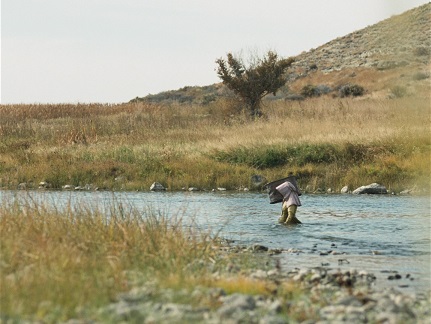

Primitive Nerd, © 2011 Oscilloscope Laboratories
  |
| Photo © 2010 Evenstar Films/Film Science/Harmony/ Primitive Nerd, © 2011 Oscilloscope Laboratories |
| Awards: | |
| Venice Film Festival: SIGNIS Award | |
| Independent Spirit Awards: Producers Award | |
| Permalink | Home | 2010 (wp) | 2011 (us) | ABC | Blog |